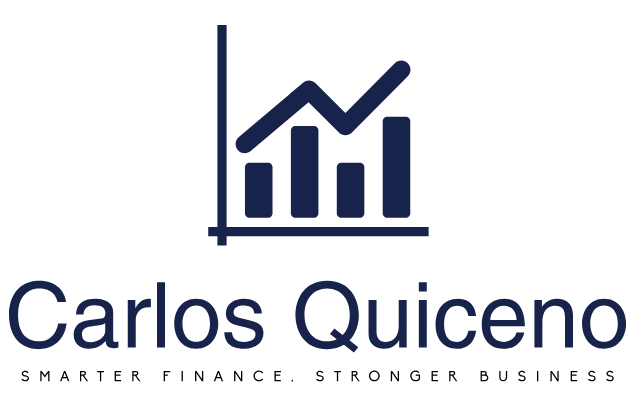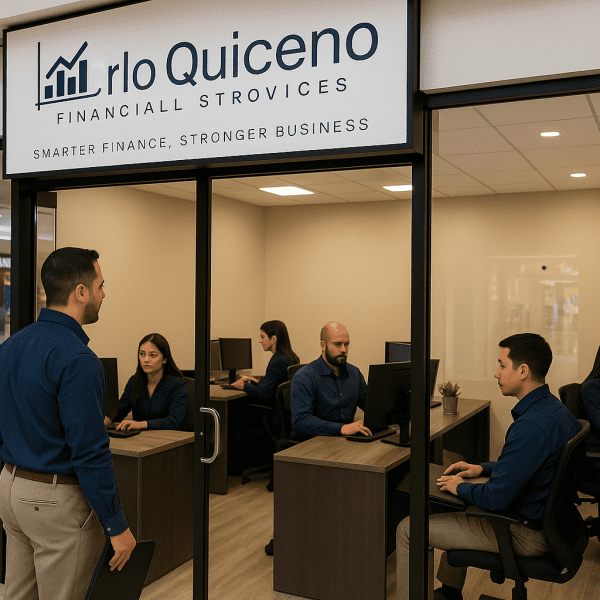📊 The Rise of Shadow Banking in the U.S.: What Every Business Owner Should Know
In recent months, the U.S. financial system has come under increased scrutiny due to the rapid growth of “shadow banking” — a network of non-bank financial institutions that provide private credit outside the traditional banking system. This trend, fueled by volatile interest rates and tightening credit conditions, represents both an opportunity and a risk for entrepreneurs and investors alike.
According to recent reports, several U.S. regional banks have posted significant losses in commercial loans linked to companies financed through these alternative lenders. This has raised concerns among analysts, who warn that a deterioration of these assets could ripple across the broader economy.
🏦 What Is Shadow Banking?
Shadow banking includes investment funds, private finance companies, hedge funds, and other entities not directly regulated by the Federal Reserve. Unlike traditional banks, they aren’t subject to the same capital or liquidity requirements. That gives them more flexibility to operate — but it also exposes borrowers and investors to higher risks.
For many business owners, these lenders are attractive because they offer fast access to capital without the long approval processes typical of banks. But behind this speed often lie variable interest rates, less transparency, and greater financial exposure during times of market volatility.
⚠️ Why Experts Are Concerned
- Lack of regulation: Shadow lenders can take on higher risks without the same oversight as banks.
- Contagion risk: If many borrowers default, the resulting losses can spill over to the traditional banking system.
- Pressure on regional banks: Bank stocks have already fallen due to fears of indirect exposure.
- Uncertainty for small businesses: Companies relying on private credit may face rising rates or reduced funding.
💼 What This Means for Business Owners in Miami
Miami is a fast-growing business hub with a large community of Latino entrepreneurs. Many rely on alternative lending to finance their growth. In this environment, it’s essential to have trusted financial guidance to understand risks, compare lending options, and project how borrowing will affect cash flow and accounting.
At Carlos Quiceno Financial Services, we help our clients:
- Analyze the financial viability of different credit options.
- Create clear financial reports to support lending negotiations.
- Identify risks and plan financial scenarios.
- Keep accurate books with QuickBooks to avoid unpleasant surprises.
📌 Conclusion
Shadow banking isn’t inherently “good” or “bad.” It’s simply another tool in the financial ecosystem. However, its rapid expansion and lack of regulation mean business owners must be more cautious than ever before when taking on debt or signing financial agreements.
Working with a professional bookkeeping and financial advisory team can help you make informed decisions, minimize risk, and protect your company’s future.
👉 If you want to evaluate credit options or organize your business finances in Miami, contact Carlos Quiceno Financial Services today.








